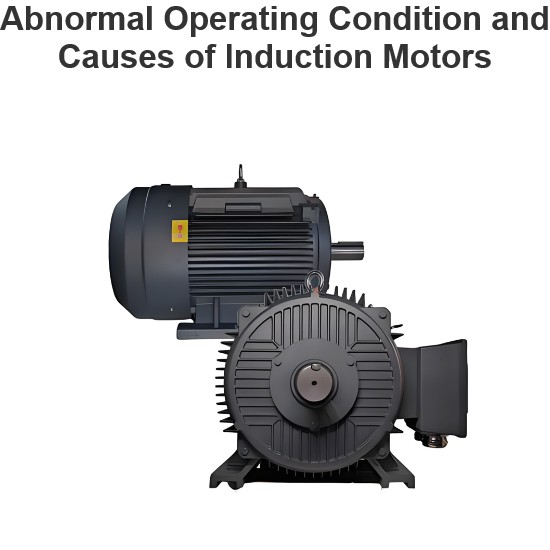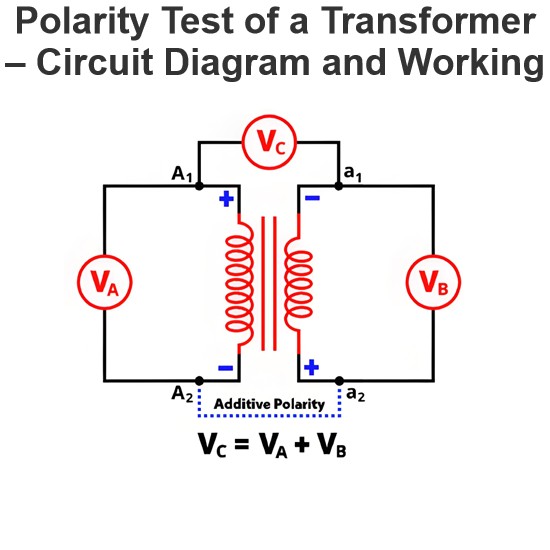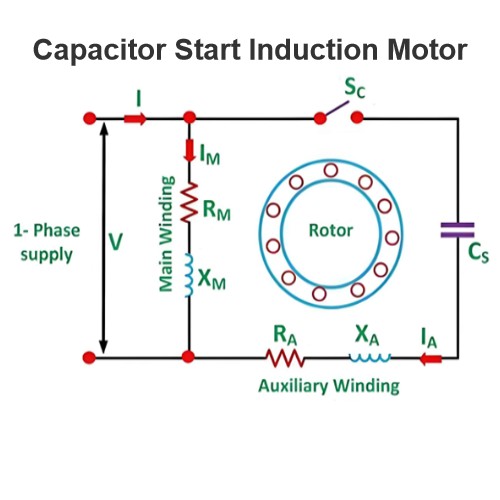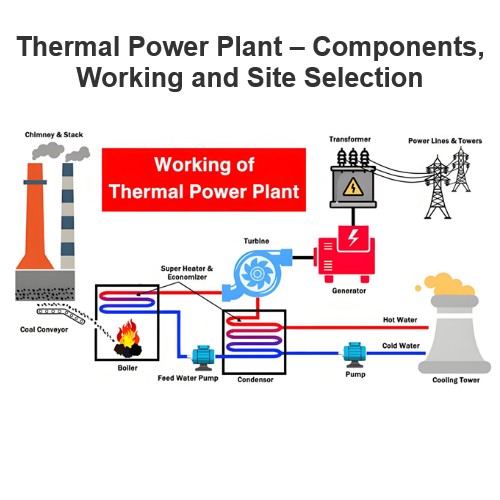What are the causes of overvoltage in a diesel generator?
Causes of Overvoltage in Diesel Generators
Overvoltage in diesel generators can be caused by various factors, including electrical system failures, control system issues, and load changes. Here are some common causes and their detailed explanations:
1. Voltage Regulator Failure
Causes:
Faulty Voltage Regulator: The voltage regulator is a key component that controls the generator's output voltage. If the voltage regulator fails or is damaged, it can cause the output voltage to abnormally rise.
Improper Voltage Regulator Settings: If the settings of the voltage regulator are incorrect, it can result in inaccurate voltage regulation, leading to overvoltage.
Solutions:
Check the condition of the voltage regulator and replace or recalibrate it if necessary.
2. Excitation System Failure
Causes:
Short Circuit or Open Circuit in Excitation Windings: A short circuit or open circuit in the excitation windings can cause abnormal excitation current, affecting the output voltage.
Faulty Excitation Regulator: The excitation regulator is a critical component that controls the excitation current. If it fails, it can cause the excitation current to lose control, leading to overvoltage.
Solutions:
Check the insulation of the excitation windings and address any short circuits or open circuits.
Check the condition of the excitation regulator and replace or repair it if necessary.
3. Load Changes
Causes:
Sudden Load Shedding: When the generator suddenly loses part or all of its load, the output voltage can spike instantly. If the voltage regulator cannot respond quickly, it can result in overvoltage.
Unbalanced Load: If the three-phase load is unbalanced, it can cause the voltage in one phase to rise.
Solutions:
Avoid sudden load shedding whenever possible. If unavoidable, ensure that the voltage regulator can respond quickly.
Check the balance of the three-phase load and adjust the load distribution if necessary.
4. Control System Failure
Causes:
Control System Software Fault: A software fault in the control system can prevent the voltage regulator and other control components from functioning properly, leading to overvoltage.
Sensor Failure: Faulty voltage or current sensors can provide inaccurate readings to the control system, affecting voltage regulation.
Solutions:
Check the control system software and update or reinstall it if necessary.
Check the condition of the sensors and replace or calibrate them if necessary.
5. External Interference
Causes:
Grid Interference: If the generator is connected to the grid, voltage fluctuations or interference in the grid can affect the generator's output voltage.
Lightning Strikes or Static Discharge: Lightning strikes or static discharges can cause instantaneous surges that impact the generator's electrical system, leading to overvoltage.
Solutions:
Use voltage stabilizers or regulators to reduce the impact of grid interference.
Install lightning arresters and surge protectors to protect the generator from lightning strikes and static discharges.
6. Mechanical Failure
Causes:
Excessive Generator Speed: If the diesel engine's speed is too high, the generator's output voltage will correspondingly increase.
Transmission System Failure: Faults in the transmission system can cause the generator's speed to become unstable, affecting the output voltage.
Solutions:
Check the speed control mechanism of the diesel engine to ensure it operates within the normal range.
Check the condition of the transmission system and address any faults.
7. Electrical Connection Issues
Causes:
Loose Connections: Loose connections can cause poor contact, affecting voltage stability.
Oxidized Joints: Oxidized joints can increase resistance, affecting voltage transmission.
Solutions:
Check all electrical connections to ensure they are secure.
Clean the joints to remove oxidation and ensure good electrical connections.
Summary
Overvoltage in diesel generators can be caused by a variety of factors, including voltage regulator failure, excitation system failure, load changes, control system failure, external interference, mechanical failure, and electrical connection issues. Addressing these different causes with appropriate solutions can effectively prevent and resolve overvoltage problems, ensuring the normal operation of the generator. We hope the above information is helpful to you.
The Electricity Encyclopedia is dedicated to accelerating the dissemination and application of electricity knowledge and adding impetus to the development and innovation of the electricity industry.













